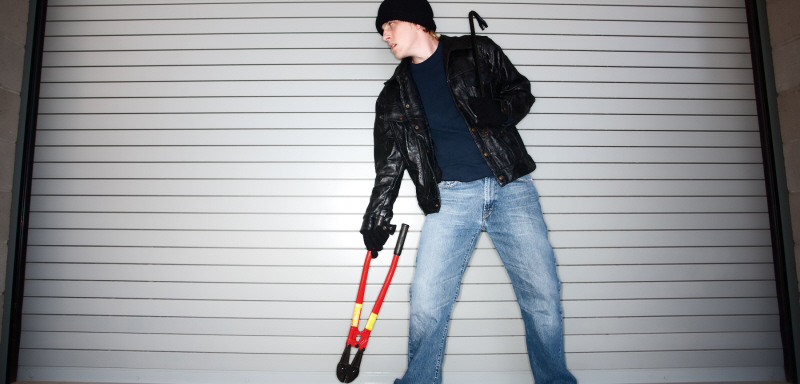In short, the answer is not much.
We invest so much time on our online property that many of us see websites, emails and social media accounts as valid pieces of real estate that have actual substance. Okay, you might not be able to reach out and touch them like the ornaments on your mantelpiece or the jewellery in your bedroom, but they are tangible entities all the same.
Protecting yourself online has become just as important as having an alarm installed at home or making sure you have the right locks on your doors and windows. Websites have gone far beyond the static pages that we used to have ten to fifteen years ago – we put a lot of our personality into these worlds and when someone breaks in, it feels just like we’ve had an intruder wandering around the house.
Website Security: Why Would a Hacker be Interested in my Site?
Okay, so you run a small business and you might be wondering why a hacker might break into your insignificant website. After all, they only go for the big players, don’t they? They hack into Sony and NASA, not your little corner shop or online boutique which is absolutely no threat to anyone.
First of all there are trainee hackers who might just want to hack into your business for the sheer fun of it and test their metal before they go onto bigger things. They’re a nuisance but usually quite easy to combat as they tend to use rather basic programmes for the attempted hack. However, if you have multiple attempts it will increase the memory your sever uses, which will make your website (and any others hosted to the same area) fall over. Mission accomplished for the hacker!
Then you have affiliate scammers who use bots that fly over the internet looking for websites with weak spots so that they can change their code and place spam links to undesirable websites like casino’s, sex sites and drug related properties. This can cause serious problems with your search engine ranking and also open you up to other, more serious attacks.
Finally there are hijackers and thieves. Hijackers will take over your website using sophisticated bot software and from there they can do virtually anything. Information thieves are essentially not worried about your website but want useful information such as bank account details and other personal information.
Website Security: What Can I do to Stop Hackers?
Just because you are off to one side on the web and not one of the major players doesn’t mean you are not at risk. In fact, because you have less in the way of security than the big boys you are an easier target. There are a number of measures you can take to help protect your website:
- Don’t hang onto data that you don’t need – personal and financial details can be very attractive to hackers and once they get them your credibility is shot.
- Make sure you have the right encryption and security software for your site which means your provider should be keeping right up to date. If they are not, change host.
- Test your site for vulnerable points – you need to do this on a regular basis including scanning and penetration testing. It might cost a little extra by hiring a professional to check on your site but it could save you in the long run.
- Avoid any unsecure or risky plugins or apps that might give hackers a chance to get into your system.
- Keep your website up to date with the latest version of the CMS software.
- Make sure your login areas are secure, don’t use standardised login details.
- Invest in a site security certificate for your website, SSL.
- Be careful who you choose to host your site and don’t be afraid to ask questions if you think they are not doing their job properly.
- Do some research into tried and tested security plugins for your site, we use WordPress and can recommend Akismet for comment span and WordFence Security to help prevent hacks and malware.
As our online world becomes increasingly complex, it is all the more important that we remain aware of the threats out there (without, hopefully, becoming overly paranoid). It’s no longer enough to say that you are too small a fish to be of interest. There are plenty of people out there who are happy to try and break into your system. Make sure your business is safe online.
